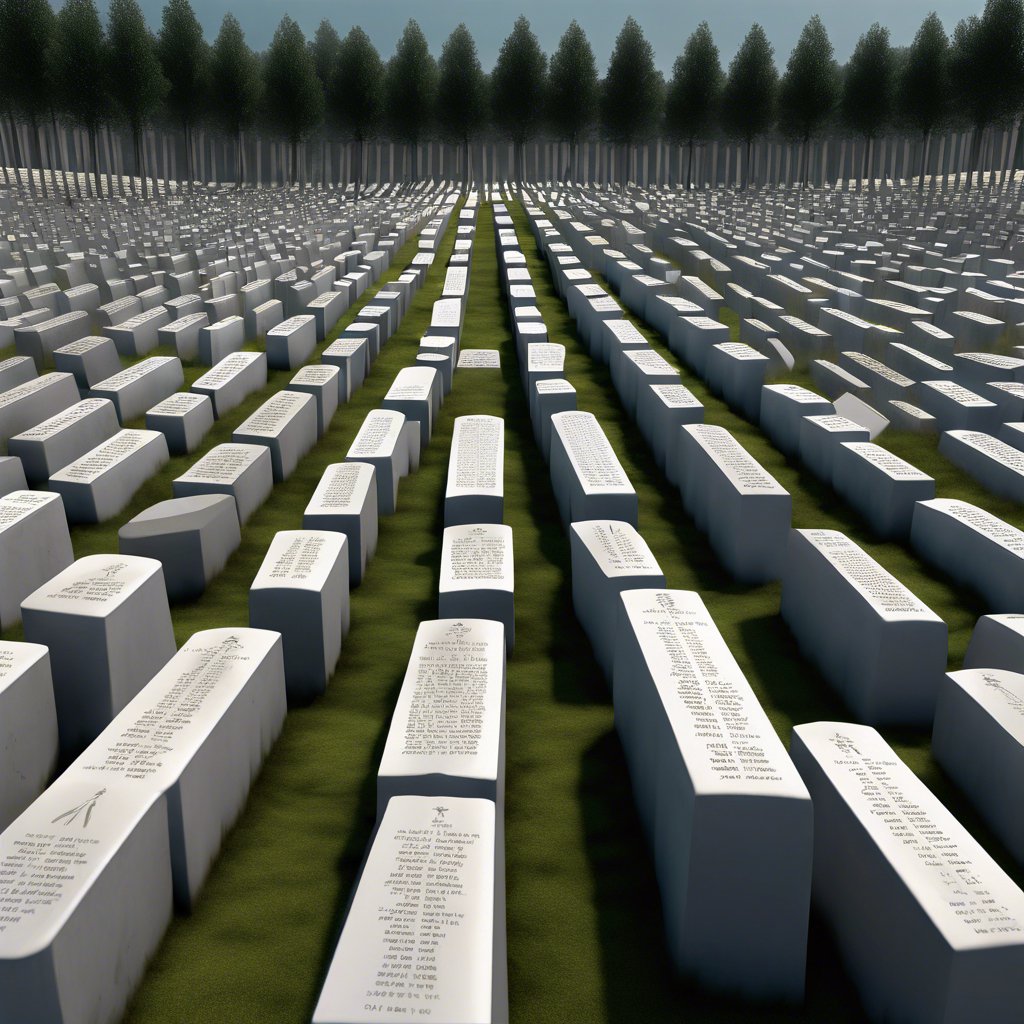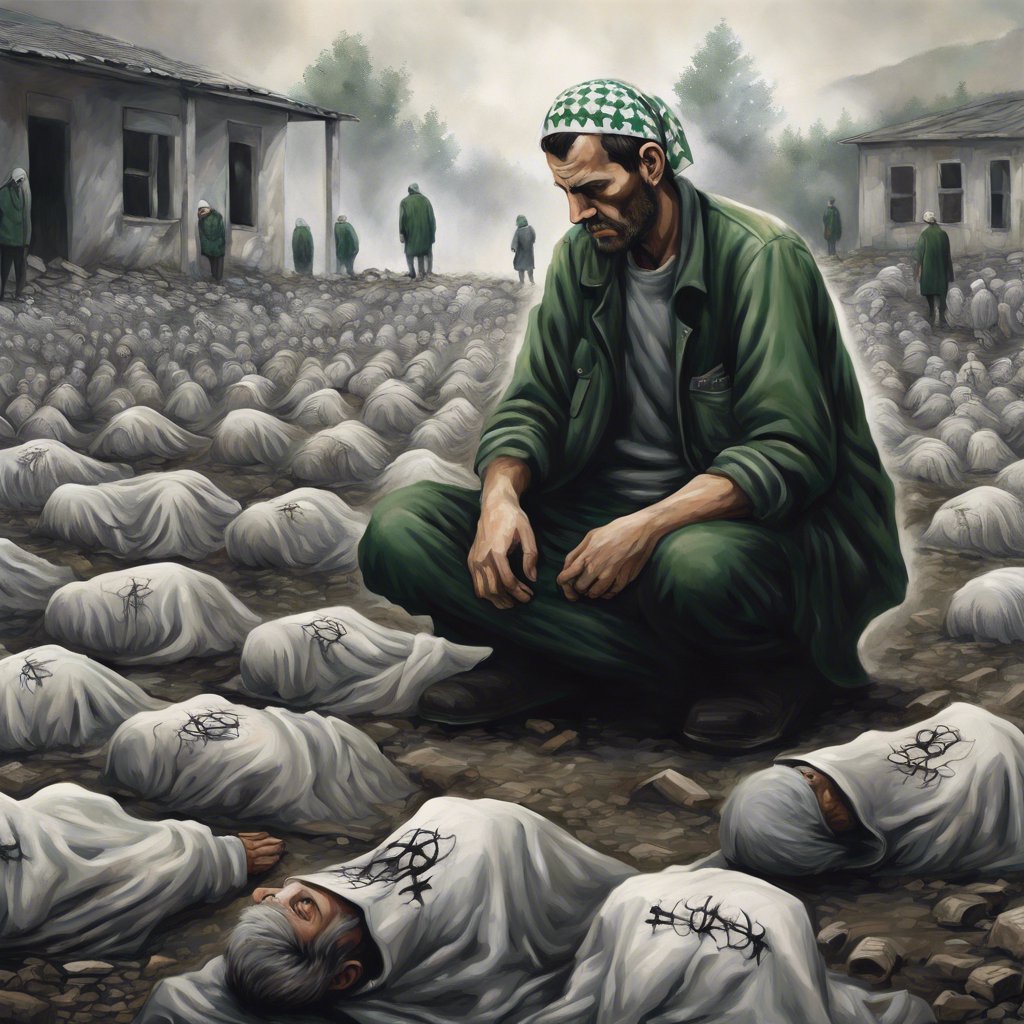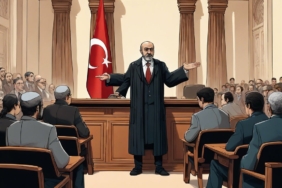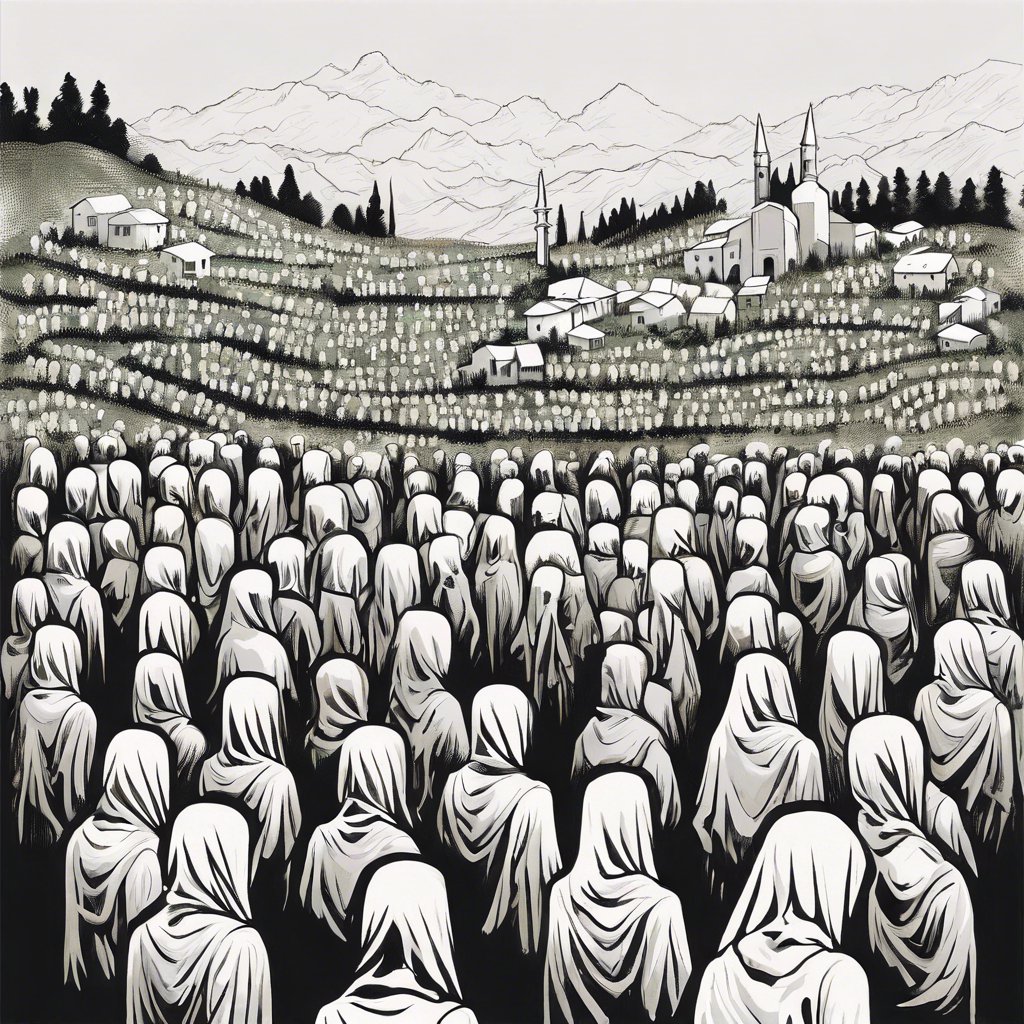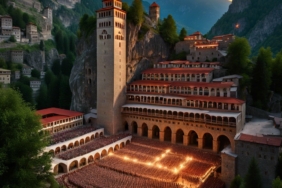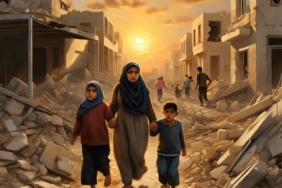Srebrenica Genocide
The genocide, which began after the capture of Srebrenica in eastern Bosnia and Herzegovina by Serb troops under the command of Ratko Mladic on July 11, 1995 and in which more than 8,000 Bosnian civilians were brutally murdered in a short time, continued to be a bleeding wound for the Bosnian people. Described as the greatest human tragedy in Europe after World War II, the Srebrenica genocide still holds a place in the hearts of the victims’ families as their deepest pain despite the 29 years that have passed.
Mladic’s “Turkish” Expression
After the capture of Srebrenica, Serbian commander Mladic said, “Finally, the time has come to take revenge on the Turks (Muslims in the region are also called Turks) in these lands.”
Thousands of Civilians Massacred on “Death Highway”
After Srebrenica fell to Serb soldiers, some Bosnians who did not want to take refuge with the Dutch tried to reach the area under the control of the Bosnian army via the forest road. The fate of the majority of those who chose the forest road was the same as that of those who took refuge in the UN base. Thousands of Bosnian civilians who followed the forest road, also known as the “death road” among the public, lost their lives in traps set by the Serbs.
Holland Found ‘Partly’ Guilty
The role of the Dutch UN soldiers, who took refuge in Srebrenica’s Bosniak civilians, in the genocide is still being debated despite the passing years. In the images taken after the occupation of the city and familiar to the public, it is striking that the Dutch commander Thom Karremans stands hand in hand against Mladic.
Prison Sentences for Those Responsible for Genocide
Radovan Karadzic, the leader of the Bosnian Serbs in the war in the country, was sentenced to 40 years in prison, and then to life imprisonment on appeal, for a number of crimes, including the Srebrenica Genocide. Former Serb officials Ljubisa Beara and Vujadin Popovic were also sentenced to life imprisonment in the Srebrenica trials at the ICTY.
National Court of Justice Decision
In its 2007 decision, the International Court of Justice in The Hague described the events in and around Srebrenica as “genocide”, based on evidence from the ICTY.
